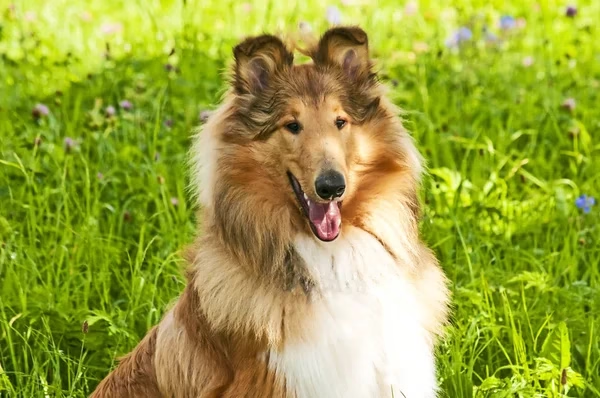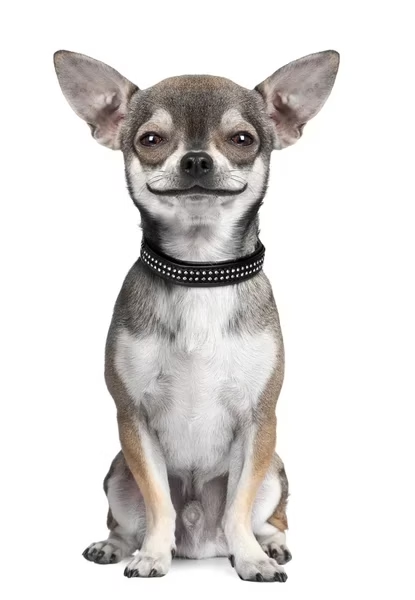Introduction

The Cavalier King Charles Spaniel is a small, elegant breed celebrated for its affectionate nature and graceful appearance. Loved by royalty and families alike, this breed combines the charm of a toy dog with the spirit of a spaniel. If you’re looking for a loyal companion with a heart full of love, the Cavalier may be the perfect choice.
Cavalier King Charles Spaniel Breed Overview
| Trait | Details |
|---|---|
| Breed Name | Cavalier King Charles Spaniel |
| Origin | United Kingdom |
| Size | Small |
| Weight | 13–18 pounds (6–8 kg) |
| Lifespan | 12–15 years |
| Temperament | Gentle, Friendly, Affectionate |
| Coat | Silky, Medium-Length |
| Colors | Blenheim, Tricolor, Ruby, Black & Tan |
| Activity Level | Moderate |
| Good with Kids | Yes |
| Trainability | High |
A Royal History
Named after King Charles II of England, the Cavalier King Charles Spaniel has been adored by British nobility for centuries. Originally bred as a companion dog, it was often seen warming laps in royal courts. The breed as we know it today was carefully restored in the early 20th century and remains a popular pet worldwide.
Appearance and Characteristics
Cavaliers are compact and well-balanced with a slightly rounded head, expressive eyes, and long, feathered ears. Their silky coats come in four distinct color patterns. Despite their dainty looks, they are athletic and enjoy outdoor activities.
Temperament: Gentle and Social
These dogs are affectionate, eager to please, and highly social. They get along well with children, other dogs, and even cats. Cavaliers thrive in homes where they can spend lots of time with their humans. Their friendly disposition makes them poor guard dogs—but excellent companions.
Is a Cavalier King Charles Spaniel a Good Family Dog?
Absolutely. Their calm, patient demeanor makes them ideal for families with kids. They’re affectionate without being clingy, playful without being hyper, and gentle even with small children. Cavaliers enjoy both quiet cuddles and moderate playtime.
Are Cavalier King Charles Spaniels High Maintenance?
Not especially. Their grooming needs are moderate—regular brushing prevents tangles and matting. They do shed, so weekly grooming helps manage loose hair. Their biggest need is companionship; they don’t do well when left alone for long periods.
What Are the Disadvantages of a Cavalier King Charles Spaniel?
- Separation anxiety: Needs frequent companionship
- Health concerns: Prone to heart and neurological issues
- Shedding: Moderate shedding year-round
- Small size: Fragile around rough play
- Too friendly: Not a good watchdog
Do Cavalier King Charles Spaniels Bark a Lot?
They bark occasionally, usually to alert their owners or express excitement. They’re not known to be excessive barkers. Training and socialization help reduce any nuisance barking behaviors.
Training Tips for Cavaliers

These dogs are intelligent and eager to please, making training relatively easy. Use positive reinforcement techniques and keep sessions short and fun. Socialization is important to help them adapt to new environments, people, and pets.
Exercise Needs
Though they enjoy lounging, Cavaliers still need daily activity. Short walks, indoor play, and light fetch games are perfect. Their moderate energy level suits both apartment and house living—as long as they get daily interaction.
Grooming Routine
- Brushing: 3–4 times per week
- Bathing: Once a month or as needed
- Ear care: Weekly checks and cleaning
- Dental care: Brush teeth regularly
- Nail trimming: Every 2–3 weeks
Regular grooming not only keeps them looking their best but also supports good health.
Health and Common Issues
Cavaliers are generally healthy but are prone to:
- Mitral valve disease (heart condition)
- Syringomyelia (neurological disorder)
- Hip dysplasia
- Ear infections
Early detection and responsible breeding can help manage these risks. Routine vet visits are essential.
Pros and Cons of the Cavalier King Charles Spaniel
| Pros | Cons |
| Friendly and sociable | Needs constant companionship |
| Great with kids and other pets | Prone to health issues |
| Adapts well to different lifestyles | Not suitable for long alone time |
| Easy to train | Requires regular grooming |
Fun Facts About Cavaliers
- Once believed to ward off fleas and illness in royal courts
- Frequently appear in British paintings from the 1600s
- Often used as therapy dogs due to their gentle nature
- Their tail rarely stops wagging when they’re happy
Final Thoughts on the Cavalier King Charles Spaniel
The Cavalier King Charles Spaniel offers a unique blend of elegance, friendliness, and devotion. Ideal for families, seniors, and singles alike, this breed thrives on love and companionship. If you’re seeking a gentle dog with royal charm and a heart of gold, look no further.
Internal Link
Read our guide on dog nutrition basics to ensure your Cavalier stays healthy and active.
External Link
Visit the AKC Cavalier King Charles Spaniel page for more breed information.







